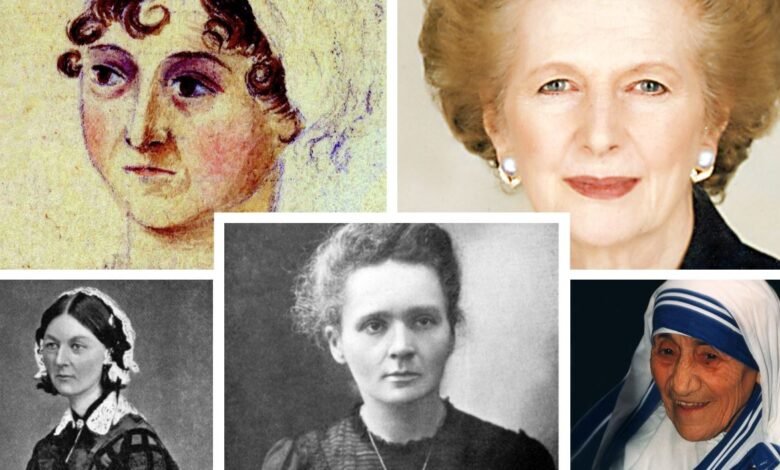
By | Adrian
Over the years, women, just like their male counterparts, have had immense impacts on the world’s growth and development. From science, sports, politics, activism, invention, and technology, women have had the same, if not more, contribution to the world when compared to men; however, their roles and impacts continue to be underrated. This article aims to ring to the fore women who have impacted the world the most. In a list curated by experts from essays writers and voted on by people from all walks of life, the following are women who changed the world.
- Marie Curie (1867-1934)
Marie Curie was a Polish-born and naturalized-French scientist whose area of specialty is Physics and Chemistry. Curie was a pioneer in the discovery of radioactivity and the invention of the word ‘radioactivity.’ Curie was the first female to attain the rank of Professor at the University of Paris and a Nobel Prize in 1903.
2. Rosa Parks (1913-2005)
Rosa Parks is known for the famous 1955 Montgomery bus boycott, which challenged racial segregation in the United States. She refused giving up her seat for a white person which sparked a nationwide civil rights movement, resulting in equal rights. Rosa Parks has been referred to by the United States as “the first lady of civil rights’ as well as “the mother of the freedom movement.”
3. Emmeline Pankhurst (1858-1928)
Pankhurst was a charismatic leader and orator who roused thousands of women to demand their democratic right in a mass movement ha has remained unparalleled in British history.
4. Ada Lovelace (1815-1852)
Ada was a gifted mathematician and is considered by many as the first computer programmer, a relatively new endeavor during her time, which has now become a crucial fulcrum on which the world depends.
5. Margaret Thatcher (1925-2013)
Thatcher was a politician and the first female Prime Minister who came into power during one of the Nation’s most troubled periods. She came into office in 1979 and went on to administer over a deeply recessed country, and fighting wars on every front, wars such as the Falklands war and the conflict in Northern Ireland helped shape her tenure.
6. Jane Austen (1775-1817)
Austen, a novelist, was one of the leading figures in British history. Her works have gone on to become literary sensations. Often employing distinctive irony, her plots explore social status and sensibility as well as marriage.
7. Mother Teresa (1910-1997)
Mother Teresa spent most of her work life in India as a Catholic nun. In 1950 she established Missionaries of Charity. The order would work in more than 130 countries in spheres such as establishing and managing orphanages and schools, managing homes of people who were dying. Thatcher lived her life in the service of the poor and most vulnerable people in the world.
8. Catherine the Great (1729-1796)
Catherine was Russia’s longest-ruling female Czar, and during her reign, she oversaw the civilization and modernization and of Russia. Her reforms in Arts and education cemented her place as one of the most influential leaders of Russia.
9. Cleopatra (69 BC-30BC)
The last ruler of Egypt’s Ptolemaic dynasty was a formidable and politically shrewd monarch, directly involved in the day-to-day running and solving the many challenges her kingdom faced.
10. Florence Nightingale (1820 – 1910)
Florence Nightingale was a nurse who worked with the official military during the Crimean War. She led the team of British nurses to Turkey, and they took care of injured soldiers. She especially worked round the clock, and she was nicknamed “Lady with the Lamp” because she was always going around at night checking on her patients.






